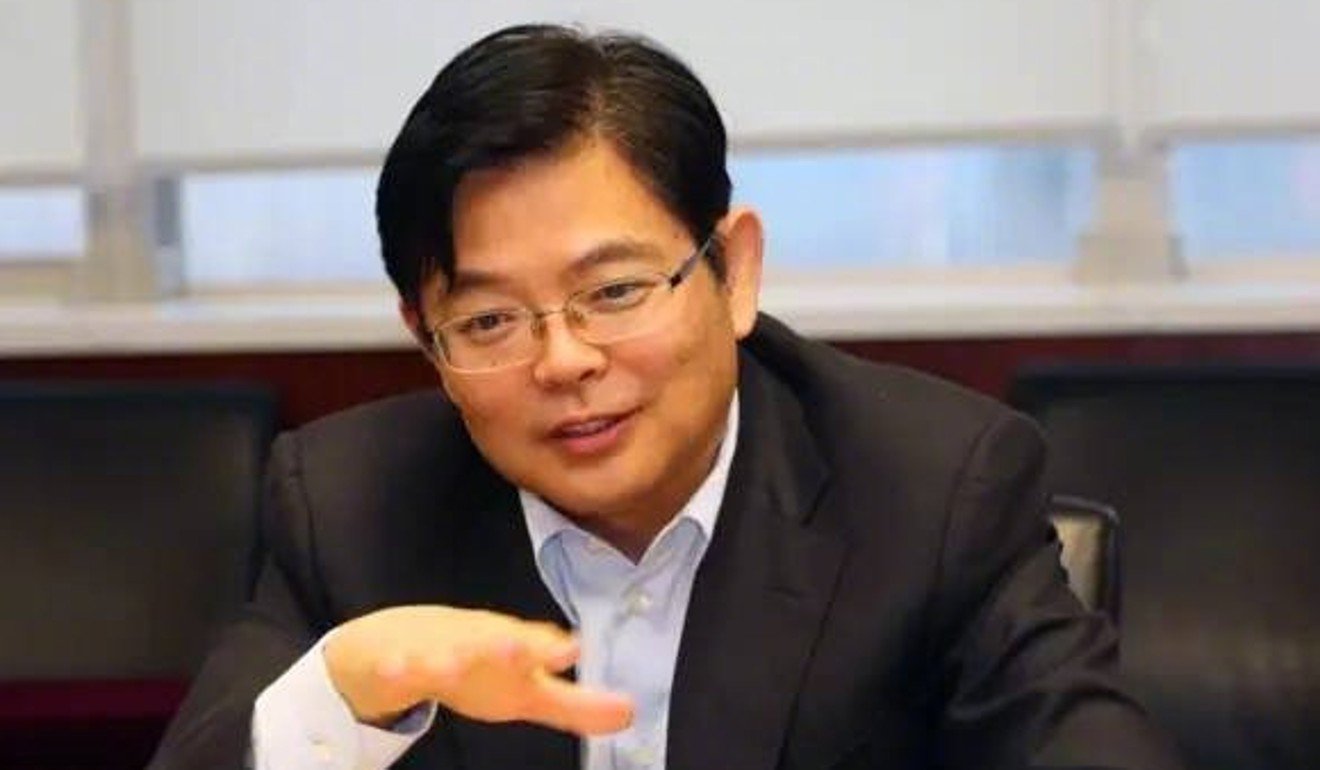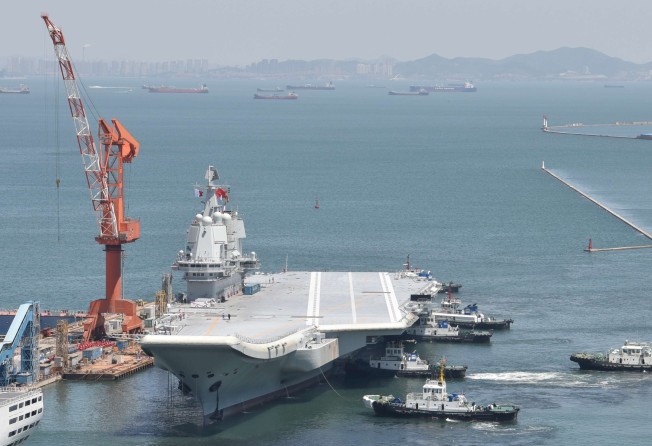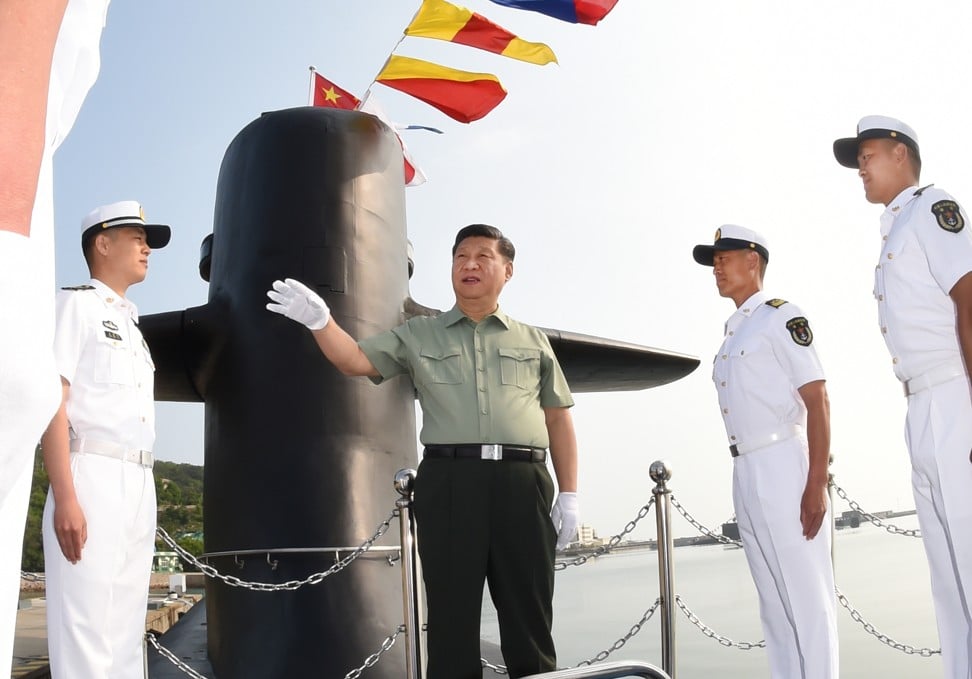
Man behind China’s new aircraft carrier detained in corruption investigation
Sun Bo, general manager of China Shipbuilding Industry Corp, suspected of serious violations of law, party discipline, watchdog says

The deputy head of the shipbuilder developing China’s first home-grown aircraft carrier has been detained on suspicion of disciplinary violations, the usual euphemism for corruption.
Sun Bo, general manager of China Shipbuilding Industry Corporation (CSIC), is suspected of serious violations of the law and party discipline, the National Supervisory Commission said in a brief statement issued on Saturday night.
The inquiry comes as President Xi Jinping is pushing for China to modernise its navy and become a major maritime power.

One of the country’s two major shipbuilders, CSIC plays a lead role in the development and construction of naval vessels – including nuclear and conventional submarines, and aircraft carriers – as well as China’s deep-sea research submersible Jiaolong, which can reach greater depths than any other vessel like it in the world.
At its shipyard in the northeastern port city of Dalian, CSIC is currently working on China’s first domestically designed carrier – the Type 001A. The vessel, which is still undergoing trials, is based on the Liaoning, the country’s only fully operational aircraft carrier.
Sun was present at the new carrier’s launch ceremony in April last year. His most recent public appearance was on June 11, when he joined an inspection tour of one of CSIC’s subsidiaries, according to a report by Beijing Youth Daily.
Sun built his career in shipbuilding in Dalian, specialising in maritime design and manufacturing. He joined the party leadership at CSIC in 2009, while also serving as chairman of Dalian Shipyard Group.
He was appointed general manager in 2015, and ranks second to chairman Hu Wenming.
It is not yet known if the investigation into Sun’s alleged corruption will have an impact on CSIC’s operations or even China’s efforts to modernise its navy.
Collin Koh, a research fellow in maritime security at S. Rajaratnam School of International Studies, said it was unlikely to have any significant affect on Beijing’s maritime strategy.
“Xi has made it necessary for China not only to build a strong PLA Navy – as he emphasised during his visit to a submarine base in Qingdao – but also to build a strong maritime economy”, he said, adding that this would mean maintaining the current momentum within the shipbuilding industry.
While more individuals might be implicated as a result of the investigation, it was “safe to presume that CSIC will still go about its normal day-to-day operations”, he said.
In 2016, CISC’s head of discipline Liu Changhong was investigated by the top anti-corruption watchdog. He was subsequently expelled from the party and in September last year it was announced he was facing prosecution on suspicion of taking bribes.
According to a Xinhua report, during a tour of civilian and military facilities, including a submarine base, in eastern China’s Shandong province last week, Xi told scientists and researchers that he had long held the ambition to turn the country into a maritime power.
He was quoted as saying that achieving such a goal meant developing not only the maritime economy, but also China’s scientific research capabilities.
While at the base, he also appealed to the naval fleet of the Northern Theatre Command to boost their maritime strength through reform and technology, and the integration of military and civilian resources.
